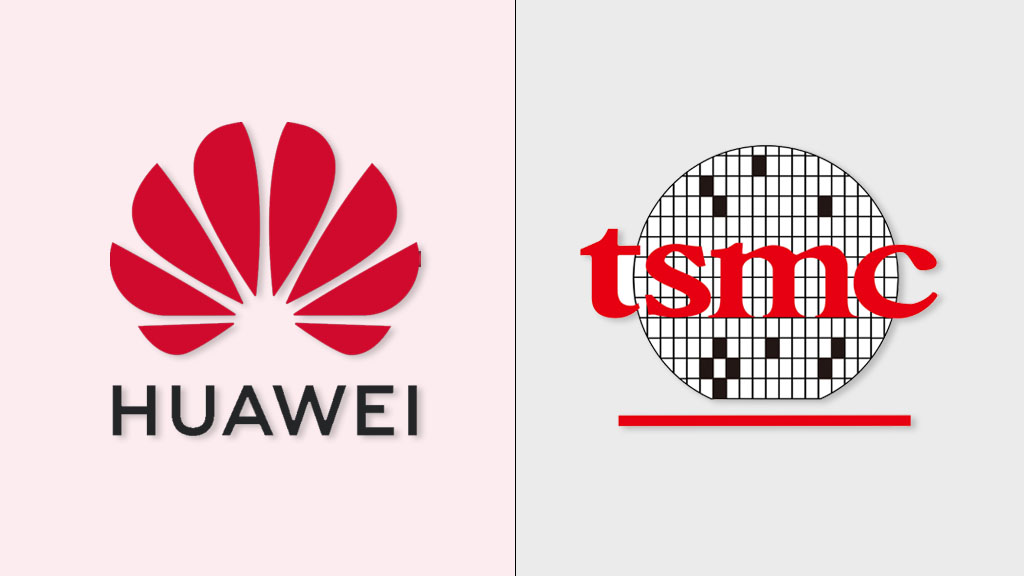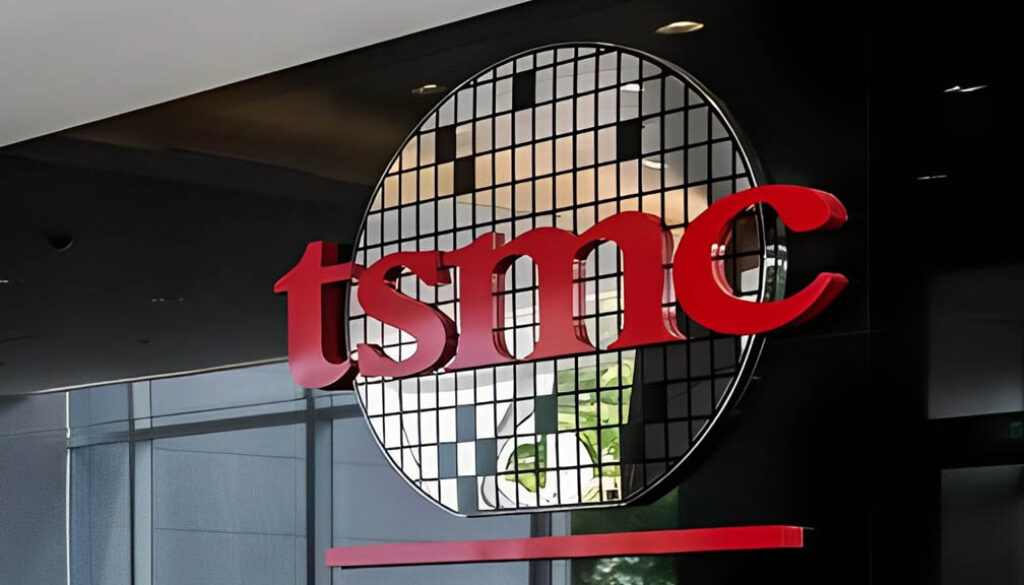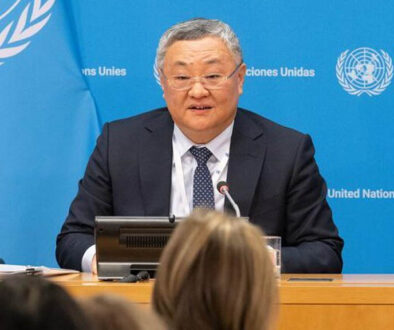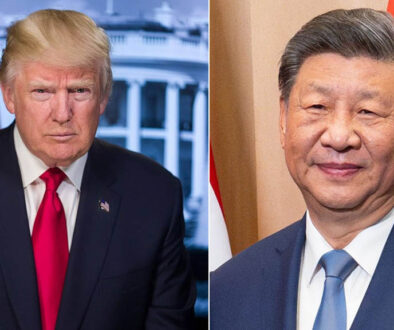TSMC Tightens Chip Supply Restrictions to China in Compliance with U.S. Bans
The ongoing Huawei-TSMC chip controversy has taken a new turn as TSMC tightens restrictions on supplying processors to China in response to escalating U.S. sanctions. The semiconductor giant now requires legal approvals before shipping advanced chips to Chinese companies.
According to United Daily News, TSMC has halted additional chip supplies to China, aligning with new U.S. regulations. The company is now restricting orders for chips manufactured on the 16nm process or below, approving shipments only for firms listed on the Bureau of Industry and Security (BIS) whitelist.
U.S. authorities have intensified sanctions against China for multiple reasons, including the rise of Chinese AI models like DeepSeek, which operate on domestic processors, and the continued growth of companies like Huawei despite ongoing export controls.
TSMC has been directed to comply with specific conditions before supplying chips to Chinese clients. To qualify, a company must be on the BIS whitelist and utilize U.S.-approved third-party packaging and testing facilities. Firms seeking to maintain their chip supply must also pass the U.S. OSAT (Outsourced Semiconductor Assembly and Test) requirements.

Despite increasing restrictions on chip exports to China, TSMC’s revenue is expected to remain largely unaffected. The semiconductor giant derived only 8% of its total revenue from China in 2023, while 70% of its earnings came from advanced chip technologies.
TSMC has been complying with new U.S. regulations since January 31, 2025. Under these rules, semiconductor products using 16nm or smaller process nodes cannot be shipped to China unless the recipient has a U.S.-approved OSAT (Outsourced Semiconductor Assembly and Test) certification. TSMC must also retain a copy of this approval for verification.
Interestingly, several Chinese companies have started modifying their packaging operations to continue accessing TSMC’s chips. How these adjustments will impact China’s semiconductor industry, particularly Huawei, remains to be seen.



